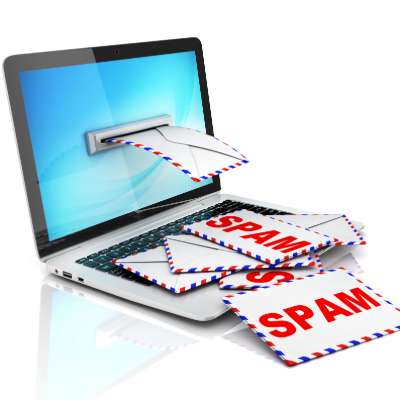Macro Systems Blog
A Closer Look at the Spam Industry
There are few things as universally annoying as the constant stream of spam emails these days. From ludicrous pharmaceutical offers to urgent pleas for financial assistance from other nations’ royalty, our inboxes can often be likened to a digital landfill. What many people don't realize is that behind this persistent nuisance lies a huge, and surprisingly lucrative, industry.
Spam is Not New
The history of spam is almost as old as the Internet itself. The very first unsolicited commercial email was sent in 1978 to around 400 ARPANET users, advertising a new computer model. Sure, today, we’d call that marketing, but the reaction to the email was largely negative (despite the $12 million in sales it supposedly generated). This email strategy inadvertently laid the groundwork for what would become a massive enterprise—or two, if you really think about it.
Why does spam persist despite sophisticated filters and increasing user awareness? The answer, simply put, is economics. Even with incredibly low response rates (think fractions of a percentage point) the sheer volume of emails sent means that even a tiny conversion can translate into substantial sham profits. If a spammer sends out a million emails, and just 0.00001% of recipients engage positively, that's still 10 potential victims. When the cost of sending those millions of emails is incredibly low, the return on investment can be surprisingly high.
Modern spam isn't just about selling questionable products; it's evolved into a multifaceted criminal enterprise with far more nefarious goals.
The Dark Side of Spam
There are several reasons why “spam protection” has become a multi-billion-dollar industry. Let’s go through a few.
Malware Distribution
One of the primary objectives of spam is to deliver malicious software. Whether it's ransomware that encrypts your files, viruses that disrupt your systems, or Trojans that steal sensitive data, these threats are often cleverly disguised within seemingly innocent email attachments or deceptive links.
Phishing Attacks
This is perhaps the most insidious form of spam. Phishing emails impersonate trusted entities—your bank, a government agency, a well-known company, even your own colleagues or superiors—to trick you into divulging confidential information like login credentials, credit card details, or other personal data.
Business Email Compromise (BEC) schemes, which are probably the most sophisticated form of phishing scams, can cost businesses hundreds of thousands, if not millions, of dollars by manipulating employees into transferring funds to fraudulent accounts. In fact, the FBI reports that BEC is the most prolific and costly form of cybercrime.
Botnet Recruitment
Spammers usually aim to expand their botnets—networks of compromised computers used for various malicious purposes, including sending more spam, launching Distributed Denial of Service (DDoS) attacks, or even cryptocurrency mining. Your unsuspecting computer could be a zombie in their digital army.
Data Harvesting
Many spammers are in the business of collecting data. They're after email addresses, phone numbers, and social media profiles, which can then be sold on the dark web or used for more targeted, and thus potentially more successful, spam campaigns.
Blackhat SEO
Some spam aims to manipulate search engine rankings. By utilizing tactics such as keyword stuffing or link farming, spammers try to artificially boost the visibility of fraudulent or malicious websites, making it more likely that users will encounter them.
The impact on businesses and beyond is significant. Beyond the obvious security risks, spam leads to:
- Lost productivity - Employees waste countless hours sifting through junk mail, often losing focus on their actual tasks. Studies indicate that employees can spend up to 80 hours per year dealing with spam emails.
- Resource drain - Companies spend considerable resources on IT infrastructure and personnel to manage and mitigate spam.
- Reputational damage - If your organization's email domain becomes associated with spam, it can erode trust with clients and partners.
At Macro Systems, we specialize in offering proactive business technology support, including robust cybersecurity solutions designed to combat the ever-evolving tactics of spammers. We help businessess implement multi-layered defenses, including advanced spam filtering that leverages AI and machine learning to identify and block malicious messages before they even reach your inbox.
If you're an organization that’s looking to fortify your defenses against the growing threat of spam, don't hesitate to reach out to us today at 703-359-9211.





Comments